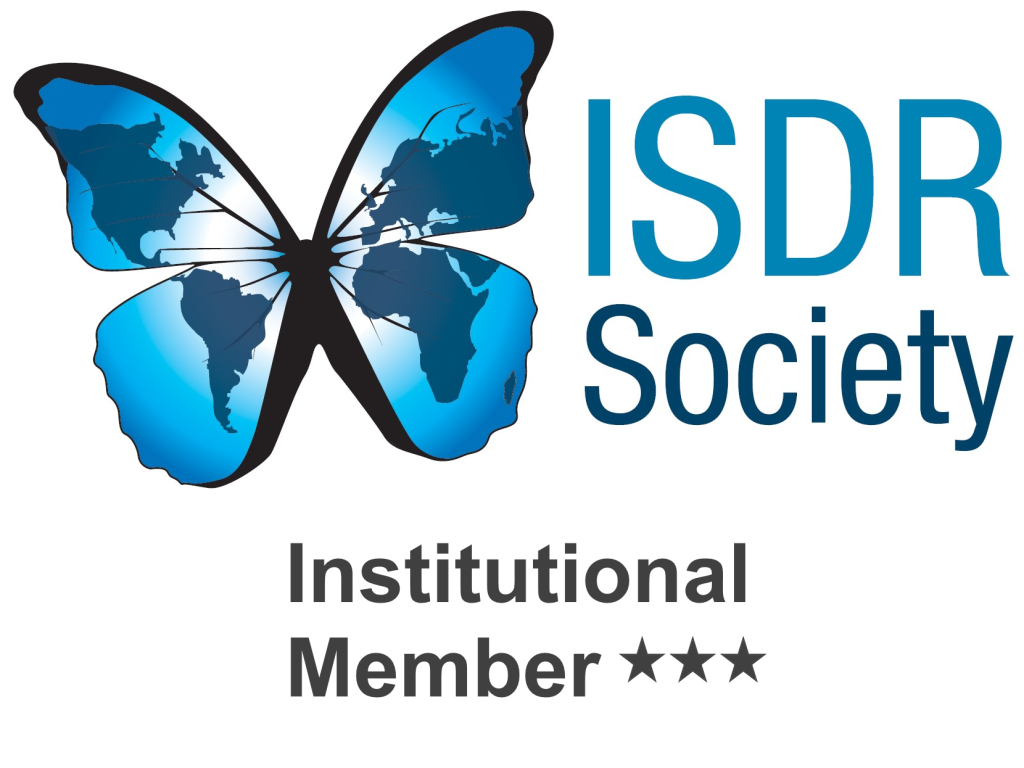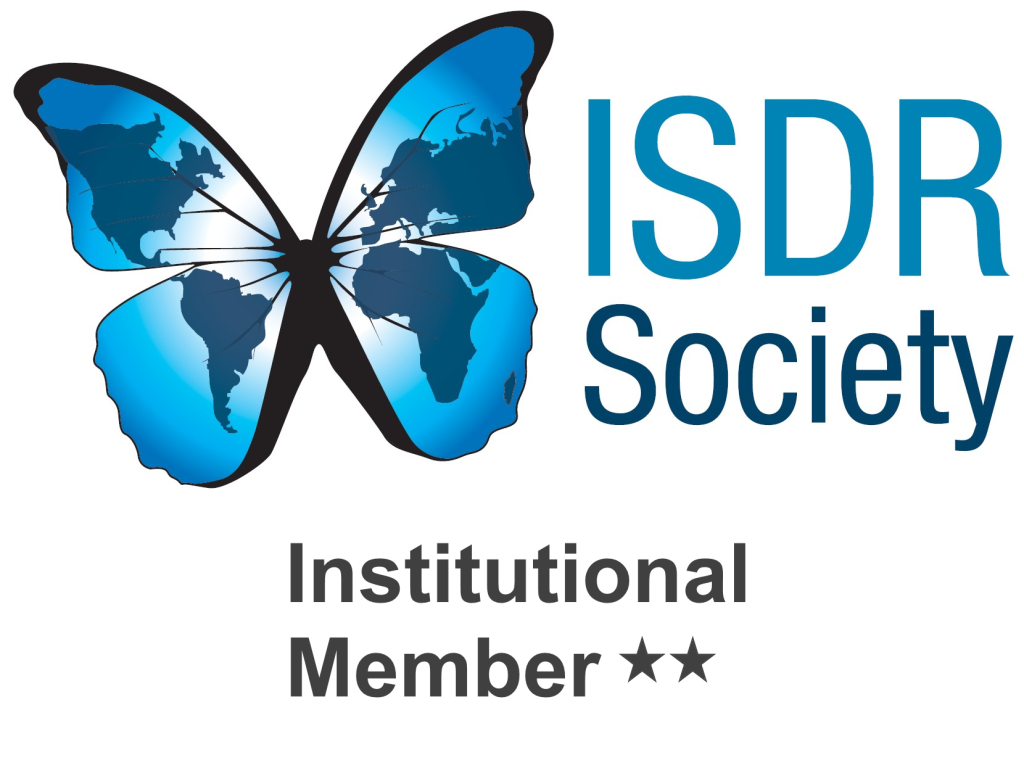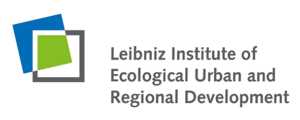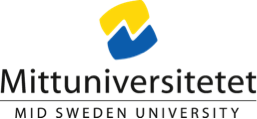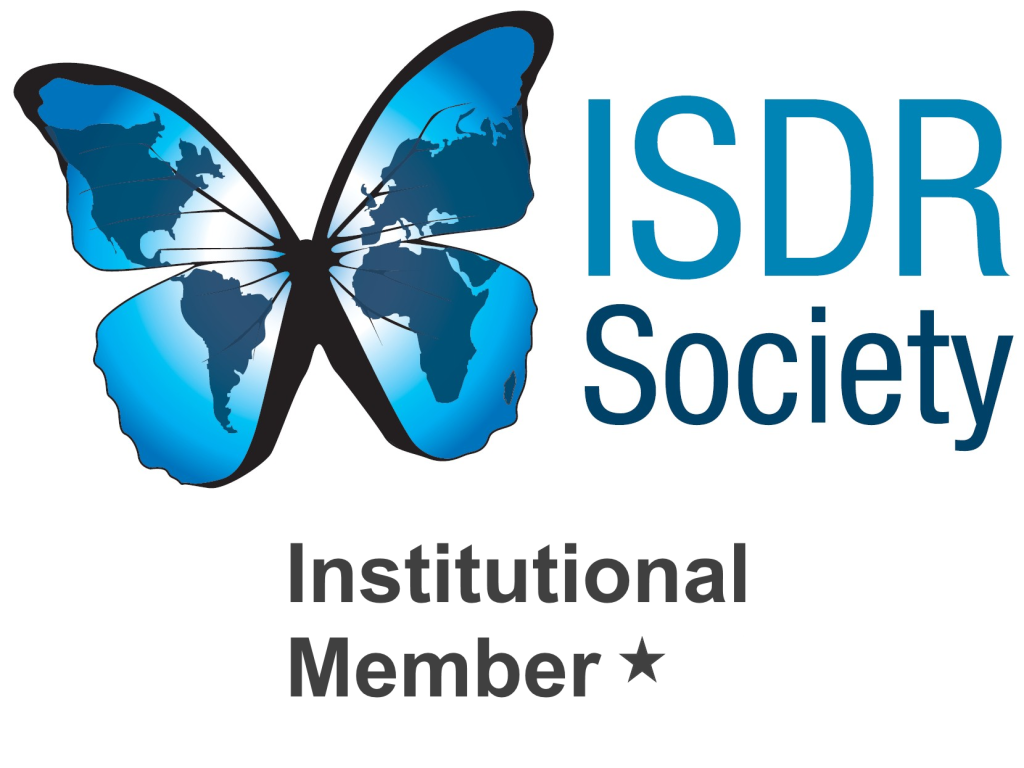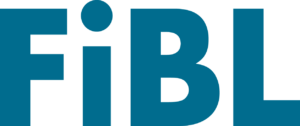Institutional Members
ISDRS membership is also open to institutions. This enables institutions to give up to 15 people within the institution access to our member benefits. Please find more information here on what the exact benefits are and how to register.[full][third flow="start"]
Budapest University of Technology and Economics, Faculty of Economic and Social Sciences, Budapest, Hungary
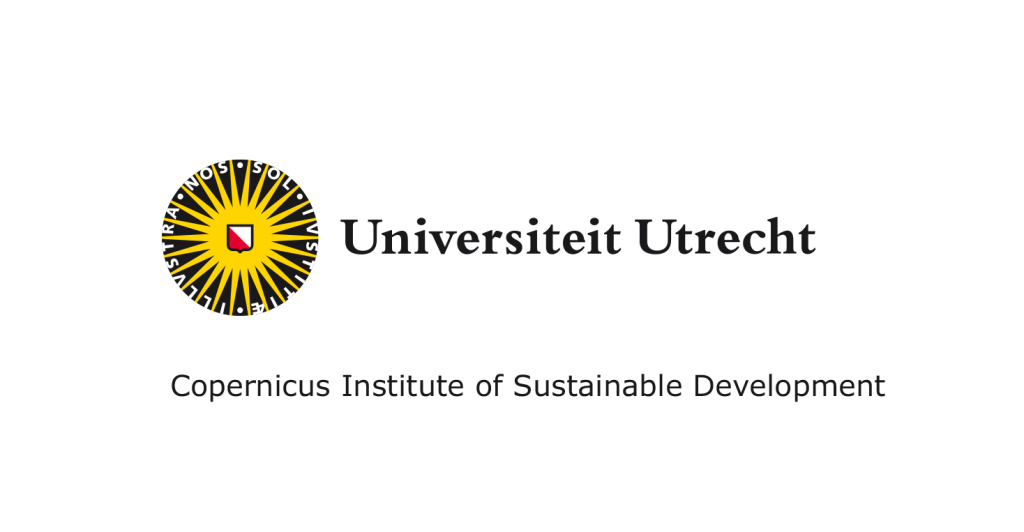 The Copernicus Institute of Sustainable Development, Utrecht University
The Copernicus Institute of Sustainable Development, Utrecht University
Utrecht, the Netherlands
Read More
 Södertörn University, Stockholm, Sweden.
Södertörn University, Stockholm, Sweden.
Södertörn University educates, researches and collaborates for sustainable development in Stockholm. With about 11,000 students and 900 staff, our research strives for a high social and contemporary relevance in association with and active and critical approach to the past. The multidisciplinary research at the university generally extends to the world.
[/third][third flow="hold"]
University of Hull, Department of Geography, Geology and Environment
Hull, United Kingdom
Read More
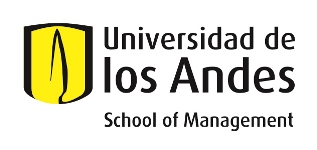 The Universidad de los Andes School of Management (UASM)
The Universidad de los Andes School of Management (UASM)
Bogotá, Colombia
Read More
The Leibniz Institute of Ecological Urban and Regional Development (IOER) is a non-university research center in the field of spatial sciences, and a member of the Leibniz Association. Our subject is the sustainable development and transformation of cities and regions in the context of the global environmental crisis.
Mid Sweden university is a multi-campus network university with centres in Sundsvall and Östersund with more than 13500 Students and more than 1000 staff. The Department of Ecotechnology and Sustainable Building Engineering is highly interdisciplinary combining Natural and Social Sciences and focusing on internationalization, a sustainable Anthropocene and blended learning.
[/third][third flow="end"]
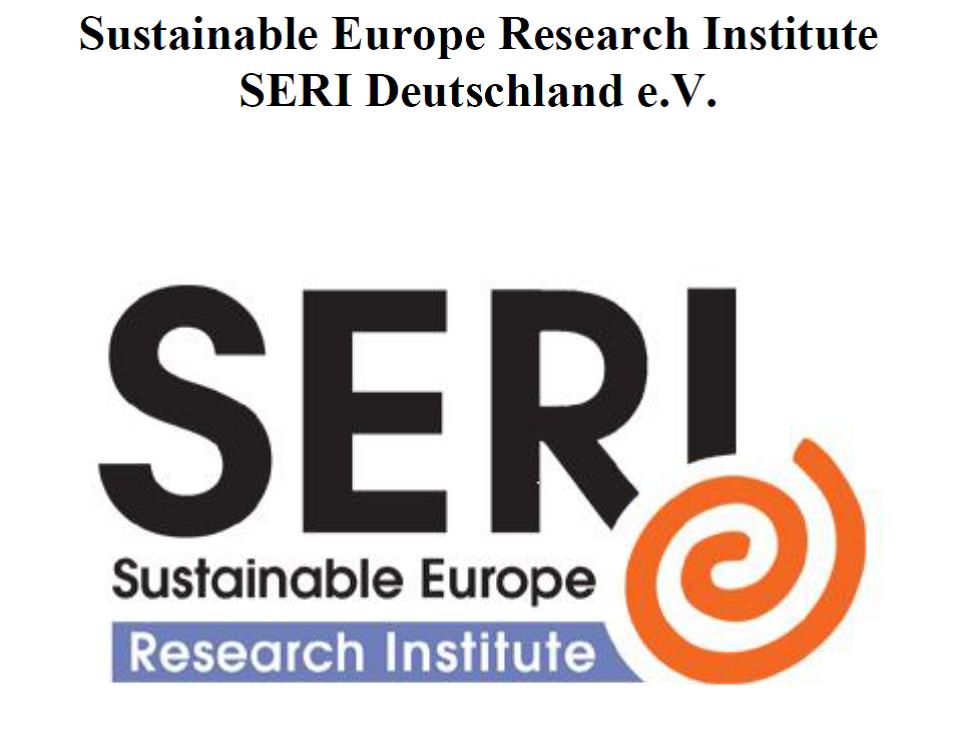 The Sustainable Europe Research Institute (SERI Germany)
The Sustainable Europe Research Institute (SERI Germany)
Köln (Cologne), Germany
Read more
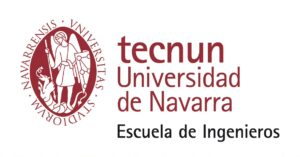 Universidad de Navarra, Tecnun, Engineering School
Universidad de Navarra, Tecnun, Engineering School
The mission of the University of Navarra is to seek and present the truth; contribute to the academic, cultural and personal education of it's students.; promote academic research and healthcare activities; provide sustainable opportunities for the development of its professors and employees; and carries out a broad cultural outreach and social promotion work with a clear goal of service.
The Research Institute of Organic Agriculture (FiBL) is one of the world’s leading research and information centres for organic agriculture. In our Department of Socioeconomics we explore which agricultural policy and institutional development are required to foster organic and sustainable farming systems.
The research of CREIDD team is focused in the field of transitions towards sustainability, with the focus on industrial ecology and territorial ecology, energy and material flow analysis, design for sustainability and life cycle analysis. The methods developed by the team couple territorial and life product management and ecodesign approaches.
[/third]
